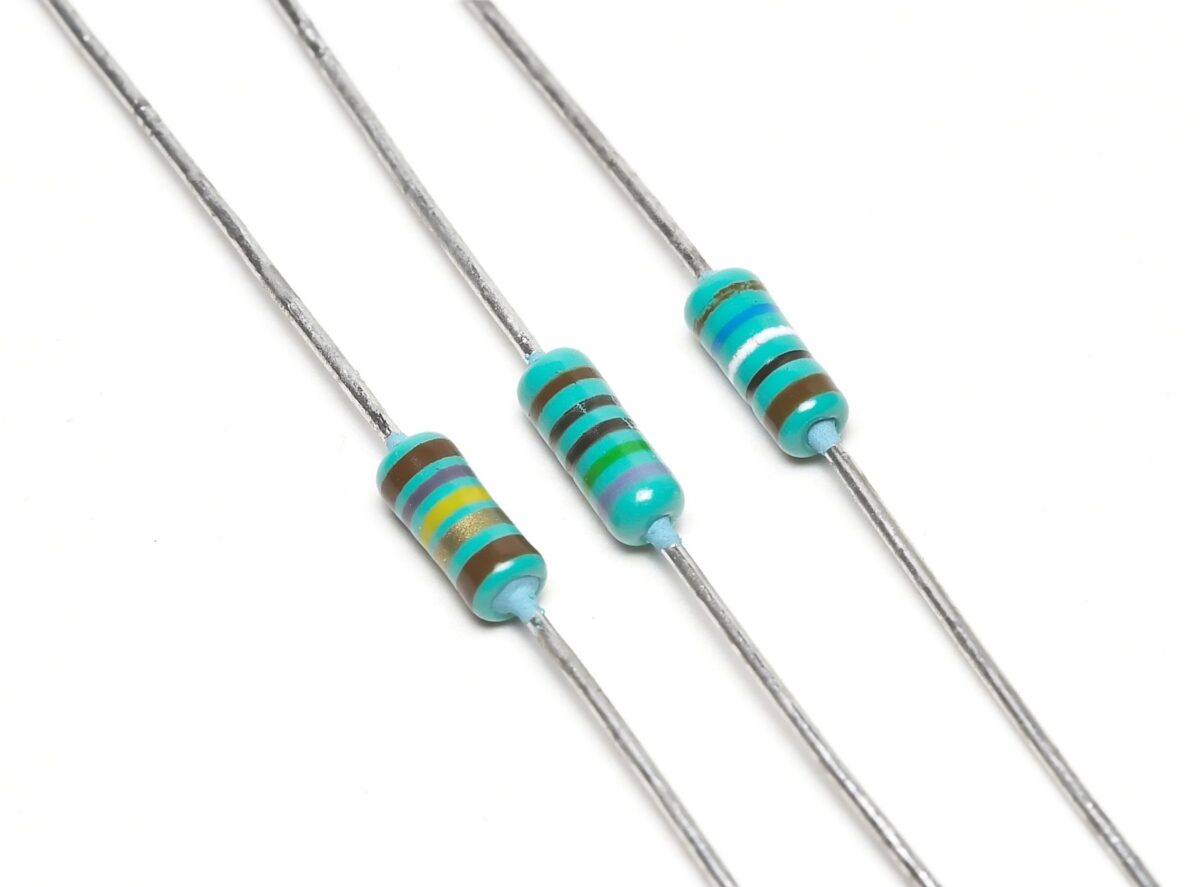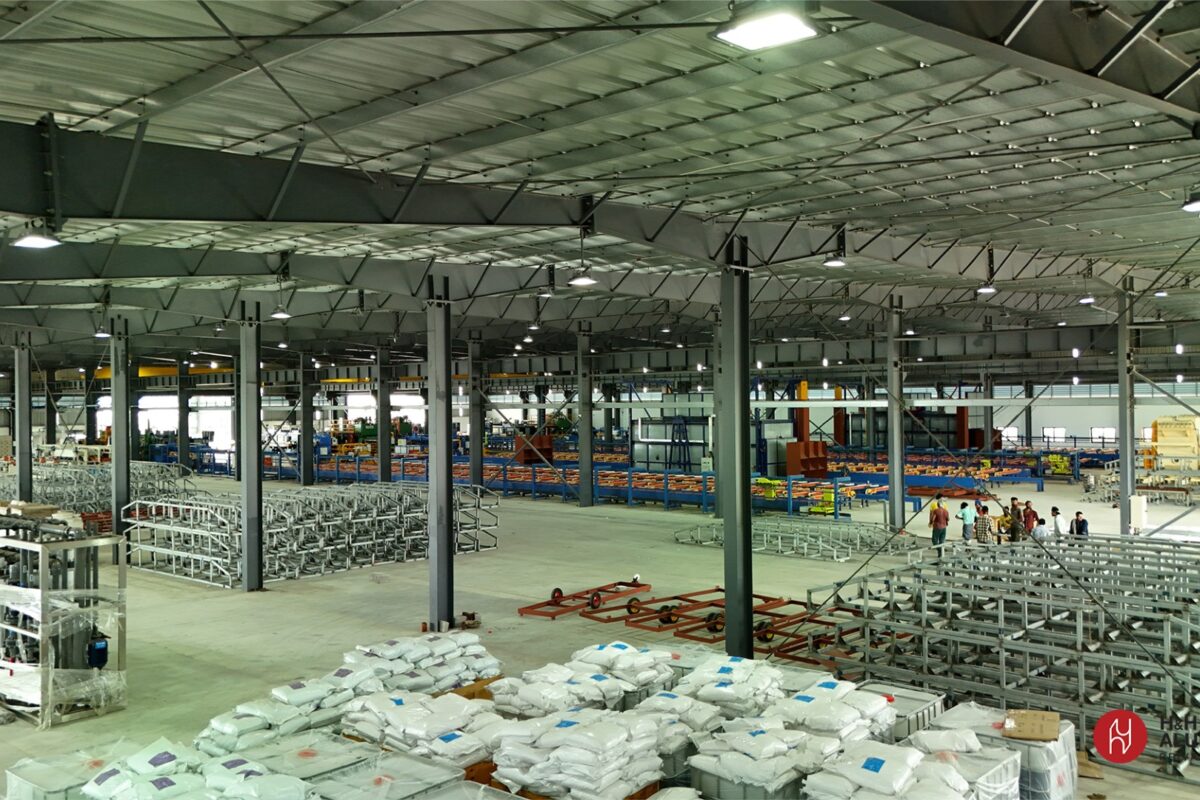From pv magazine Global
Solar cells and modules are designed to be highly resistant to ‘shunts’ – which create an alternate pathway for a solar-generated charge, leading to power losses. Reduced shunt resistance is associated with multiple forms of module degradation and failure, including hotspots and potential-induced degradation.
A group of scientists led by Ireland’s University College Cork looked to further investigate the relationship between shunt resistance and other electrical characteristics of a solar cell, such as maximum power, fill-factor, open circuit voltage and short circuit current – with the aim of developing a model that can spot cell degradation before it has advanced to the point of causing major performance loss or safety issues.
The group worked with multicrystalline silicon solar cells, designing a system that allowed them to place a resistor between the p and n junction of the cell, and thus control its shunt resistance. The experimental setup is described in full in the paper “Experimentally derived models to detect onset of shunt resistance degradation in photovoltaic modules,” published in Energy Reports.
After testing five cells under various combinations of shunt resistance, illumination and other factors, the group found that maximum power, open circuit voltage, and fill factor were all directly affected by changes to the shunt resistance, while short circuit current was not affected. The work shows that once shunt resistance decreased to around 100 ohms per square centimeter, corrective action needs to be taken.
Using the figures from its experiments the group developed models to detect decreasing shunt resistance. “These models can be easily applied to detect the onset of critical PV degradation or failure caused by shunt resistance degradation and are suitable for implementation in online condition monitoring systems,” the group said.
The group also suggests that future work could move towards classifying module degradation based on the calculated shunt resistance loss.
This content is protected by copyright and may not be reused. If you want to cooperate with us and would like to reuse some of our content, please contact: editors@pv-magazine.com.









By submitting this form you agree to pv magazine using your data for the purposes of publishing your comment.
Your personal data will only be disclosed or otherwise transmitted to third parties for the purposes of spam filtering or if this is necessary for technical maintenance of the website. Any other transfer to third parties will not take place unless this is justified on the basis of applicable data protection regulations or if pv magazine is legally obliged to do so.
You may revoke this consent at any time with effect for the future, in which case your personal data will be deleted immediately. Otherwise, your data will be deleted if pv magazine has processed your request or the purpose of data storage is fulfilled.
Further information on data privacy can be found in our Data Protection Policy.